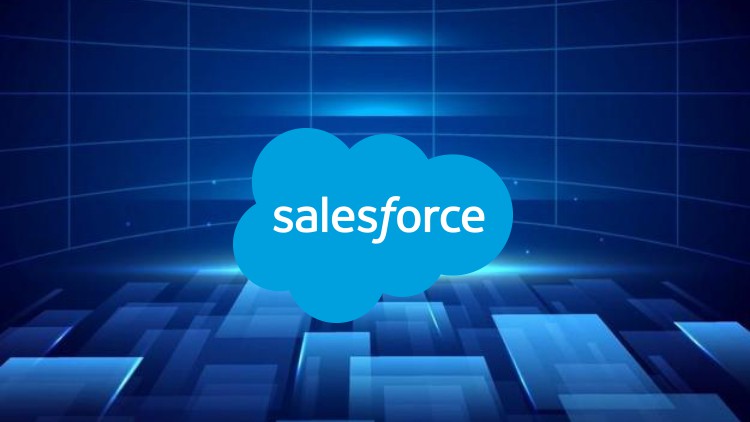
Understanding Salesforce Compliance & Security Standards
Salesforce has become a critical tool for businesses, offering robust features for customer relationship management. However, compliance and security remain crucial concerns. This article explores Salesforce compliance and security standards to ensure organizations operate safely and efficiently.
Key Compliance Standards in Salesforce
Salesforce ensures its platform complies with global standards. Organizations must align their Salesforce Login processes with these guidelines. Key compliance frameworks supported by Salesforce include:
- General Data Protection Regulation (GDPR): Salesforce offers tools to manage customer data securely. Businesses can track data access, enabling GDPR compliance while enhancing customer trust.
- Health Insurance Portability and Accountability Act (HIPAA): Salesforce Health Cloud ensures patient data remains private. Encryption and access controls prevent unauthorized access.
- ISO 27001 Certification: Salesforce demonstrates its commitment to information security management. Regular audits ensure compliance with this international standard.
By adhering to these standards, businesses gain confidence in data protection. Regular updates and audits help maintain compliance in the evolving digital landscape.

Salesforce Security Practices for Data Protection
Security is essential for safeguarding sensitive data. Salesforce employs a multi-layered approach to minimize risks, which includes:
- Authentication and Access Controls: Salesforce Login uses two-factor authentication (2FA) and single sign-on (SSO) for secure user access. Role-based access ensures employees only see the data they need.
- Data Encryption: All data is encrypted both in transit and at rest. Salesforce’s Shield Platform Encryption provides advanced encryption for sensitive data.
- Regular Monitoring: Salesforce ensures real-time threat detection. It uses tools like Event Monitoring and Security Health Check to identify and mitigate vulnerabilities.
Salesforce Marketer professionals must implement these security practices to protect customer data and ensure campaign efficiency.
Best Practices for Compliance and Security
Organizations can optimize compliance and security by following these best practices:
- User Training: Regular training sessions help employees understand Salesforce security protocols. Familiarity with Salesforce Login safeguards access points.
- Periodic Audits: Audits ensure systems remain compliant with standards like GDPR and HIPAA. Identifying gaps early reduces risks.
- Leveraging Salesforce Features: Tools like Salesforce Shield and Einstein Analytics improve compliance monitoring. Salesforce Marketer teams can leverage these for better campaign analysis.
- Automation: Automating repetitive security checks saves time and enhances accuracy. Workflows can flag compliance breaches for quick resolution.
By adopting these practices, businesses can maintain a secure and compliant Salesforce environment. This strategy ensures both operational efficiency and customer satisfaction.
Conclusion
Understanding Salesforce compliance and security standards is vital for businesses aiming to protect their data and maintain trust. Salesforce Login acts as the gateway to a secure ecosystem. By leveraging tools and adhering to best practices, organizations empower their Salesforce Marketer teams to operate confidently. Stay informed, proactive, and secure in your Salesforce journey.


